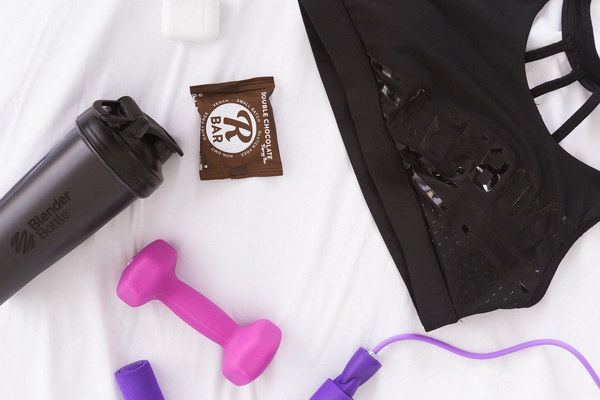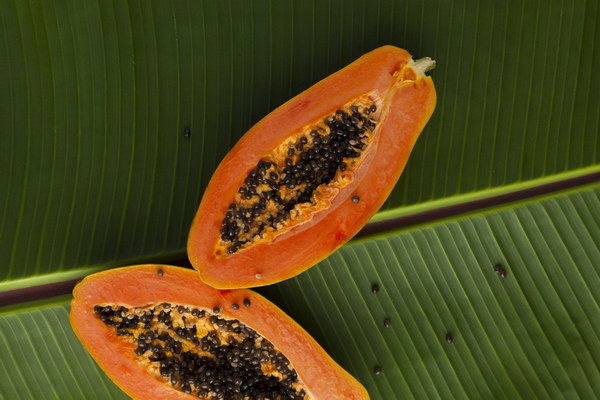The Truth Behind the Wetness Removal Products Are They Really Effective
In recent years, wetness removal products have become increasingly popular among people who suffer from excessive sweating or moisture-related issues. However, with the growing number of products available on the market, many consumers are left questioning: Are wetness removal products really effective?
Firstly, it is important to understand what wetness removal products are and how they work. These products typically come in the form of antiperspirants, deodorants, or moisture-absorbing powders, and they are designed to reduce or eliminate sweat and moisture production.
One of the main active ingredients in wetness removal products is aluminum chloride, which has been proven to be effective in blocking sweat glands and reducing perspiration. However, the effectiveness of these products varies from person to person, and it is essential to choose the right product for your specific needs.
Some individuals may find that wetness removal products are indeed effective in controlling their sweating or moisture-related issues. For example, antiperspirants containing aluminum chloride can provide long-lasting protection against sweat, while moisture-absorbing powders can help to absorb excess moisture and keep the skin dry.
On the other hand, there are many factors that can influence the effectiveness of wetness removal products. These include:
1. The severity of the sweating or moisture-related issue: Individuals with mild to moderate sweating may find that wetness removal products are sufficient to control their symptoms, while those with severe sweating may require a more potent product or even medical intervention.

2. The type of product: Some wetness removal products may be more effective than others, depending on their formulation and active ingredients. It is essential to research and choose a product that suits your specific needs.
3. Personal factors: Individual factors such as skin type, age, and overall health can also affect the effectiveness of wetness removal products. For instance, individuals with sensitive skin may need to use a gentle formula to avoid irritation.
4. Usage and application: The way a wetness removal product is applied and used can also impact its effectiveness. For example, applying the product correctly and consistently can ensure optimal results.
While wetness removal products can be effective for many individuals, there are some limitations to consider. First, these products may cause irritation or allergic reactions in some people, especially those with sensitive skin. Additionally, they may not be suitable for everyone, particularly those with certain medical conditions, such as hyperhidrosis (excessive sweating).
For individuals who have not found success with wetness removal products, there are alternative treatment options available. These include:
1. Prescription-strength antiperspirants: These products contain higher concentrations of aluminum chloride and may be more effective for those with severe sweating.
2. Iontophoresis: This non-invasive treatment uses a mild electrical current to temporarily disable sweat glands.
3. Botox injections: Botox can be injected into the affected areas to block the nerves that trigger sweat production.
4. Surgery: In extreme cases, surgery may be considered to remove or destroy sweat glands.
In conclusion, while wetness removal products can be effective for many individuals, it is important to approach them with realistic expectations. It is crucial to research and choose the right product for your specific needs, and be aware of potential limitations and side effects. If you have not found success with wetness removal products, it is advisable to consult with a healthcare professional to explore alternative treatment options.








